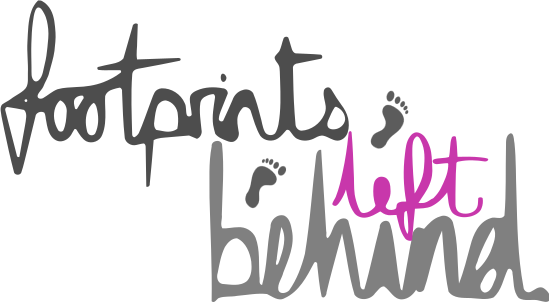This is a tricky one because the longer you’re hiking for the less weight you want to carry. What would I bring on a weekend hike that I wouldn’t on a long distance?
Gear?
If you are doing long distance trips you’re probably happy to invest the money and research time into getting the best gear, but if you’re never intending to do long distance hikes you can afford to spend a little less and carry a slightly heavier, bulkier gear as you wont have as main days of food etc.
Food/Water?
For me shorter trips are often a little more adventurous as far as route goes. I’ll try something new or follow some old or non existent track notes. This means you might want to pack that extra bit of water and snickers bar. If you’re already carrying all your water for the trip the necessity to have dehydrated food decreases. I’d still recommend not bring cans of soup and glass jars, but an extra apple or tomato can be a nice bonus.
Clothes?
The only real difference for clothes is you should have a better idea of the weather for a weekend trip. If there’s a 0% chance of rain and expected temperatures of 30°C then you can probably forgo the down jacket.
Don’t forget to check the night-time conditions. Depending on your location, it can be very different. If you’re normally sleeping insideit hard to imagine just how cold it gets a 2am.
Emergency Contact?
Firstly, will there be phone reception? If so, pack a phone, even if like me you leave it turned off the whole time. On that note, if it’s your lifeline make sure it has charge until the end of your trip! Don’t take so many photos that it’s flat for that emergency call.
If you have easy access to a PLB this should be thrown in. But if you don’t, are you really going to hire one for the weekend? The answer to this maybe be a yes, depending on the route and your experience, but likely you won’t. In the Blue Mountains, Australia you can usually borrow them free of charge from certain police offices and wherever you are have a ask around the local community for the done thing – whether it just be a track register.
It’s always good to make sure you leave a route itinerary with someone. Don’t forget to discuss at what point they should actually raise the alert/how you’re going to contact them afterwards. They’ve been a few times when I’ve realised I’ve told someone where I’m going, but failed to mention to them that they are my emergency contact.
Most of this section applies to both weekend and long distance trekking, but with a weekend trip the use of an emergency contact is a lot more useful, when you don’t get home on Sunday night it’s clear somethings wrong. Compared to long distance where it could be weeks between contact points.
Rent a PLB (fantastic company)

